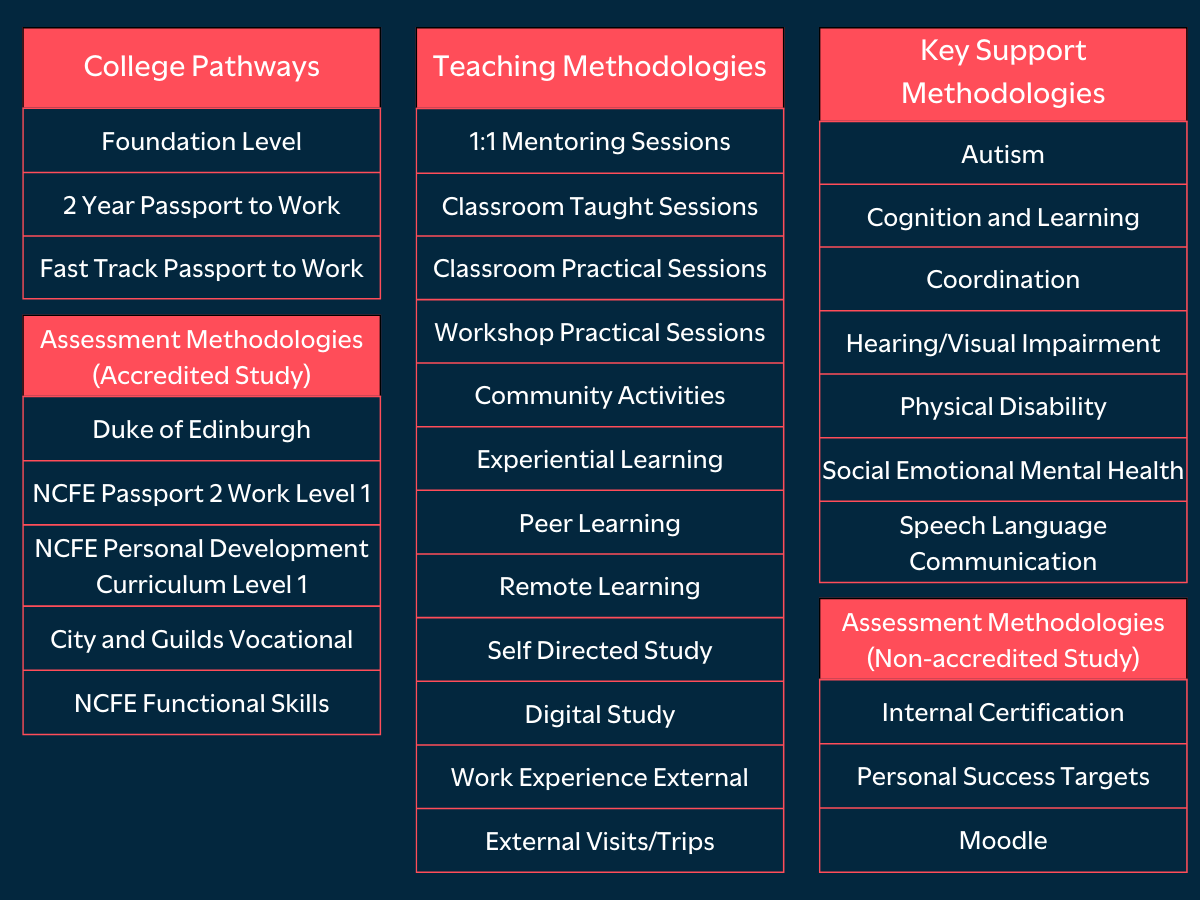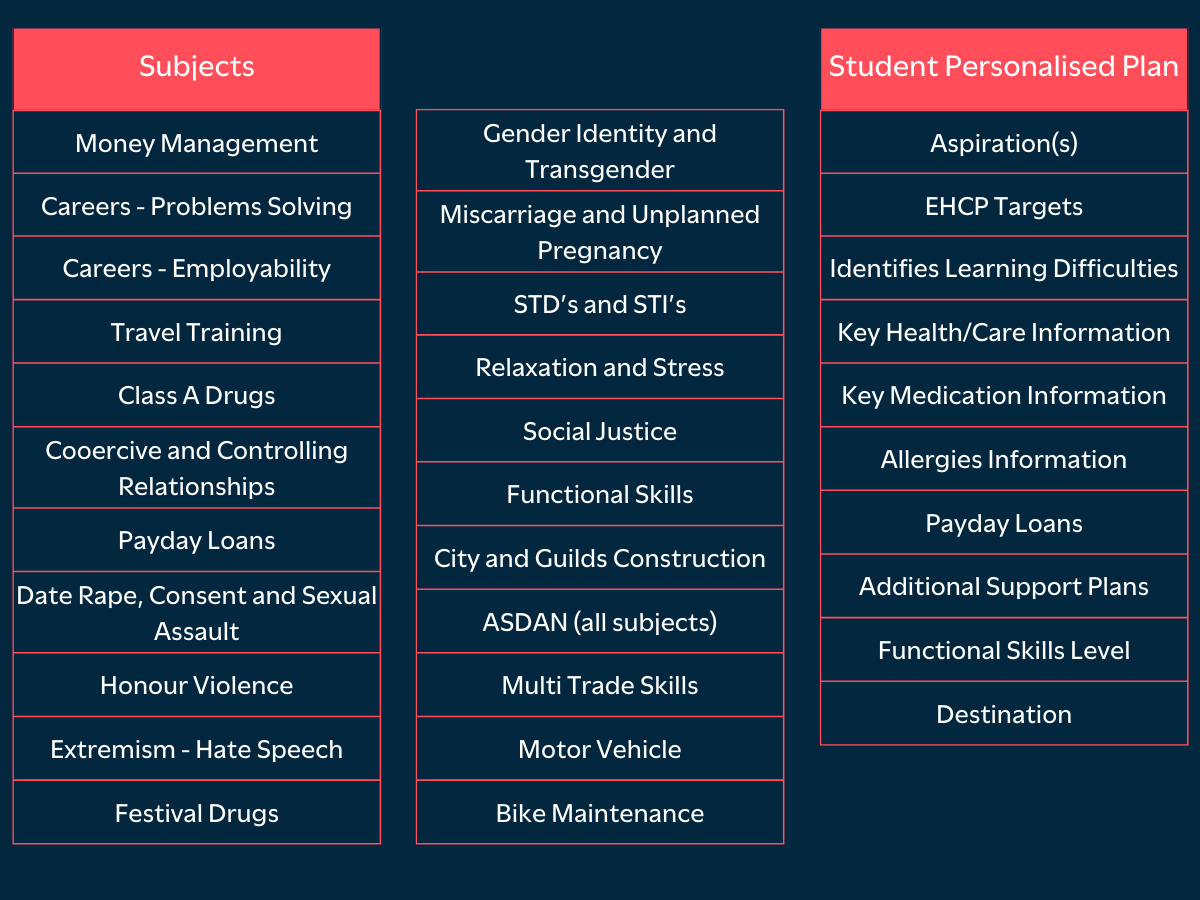Our College Curriculum
Navigators College has an ambitious curriculum and delivers a comprehensive programme designed to empower learners with special educational needs and disabilities (SEND). We do this by fostering the development of social inclusion, semi-independent living, and essential employability skills.
Our Passport 2 Work course aims to equip learners with the tools they need to navigate the journey towards greater independence and successful employment. Our ambitious curriculum has been designed to meet the individual needs of the learner, which allows us to Navigate our learners to their personal pathway destination and to a fuller, happier life.
The Passport 2 Work course is a holistic and dynamic program designed to prepare learners for a successful transition to semi-independent living and meaningful employment. Through a combination of engaging modules and practical experiences, we aim to empower individuals with SEND to thrive in both social and work environments. Our commitment is to nurture skills, build confidence, and create pathways towards a more inclusive and fulfilling future.
Intent
What we aim to achieve through our curriculum.
Social Inclusion:
- Foster a sense of belonging and community engagement.
- Develop interpersonal skills, communication, and relationship-building abilities.
- Encourage teamwork and collaboration in both social and work settings.
Semi-Independent Living:
- Equip learners with essential life skills for semi-independent living.
- Focus on personal hygiene, time management, and self-care.
- Provide practical training for managing personal finances and making informed decisions.
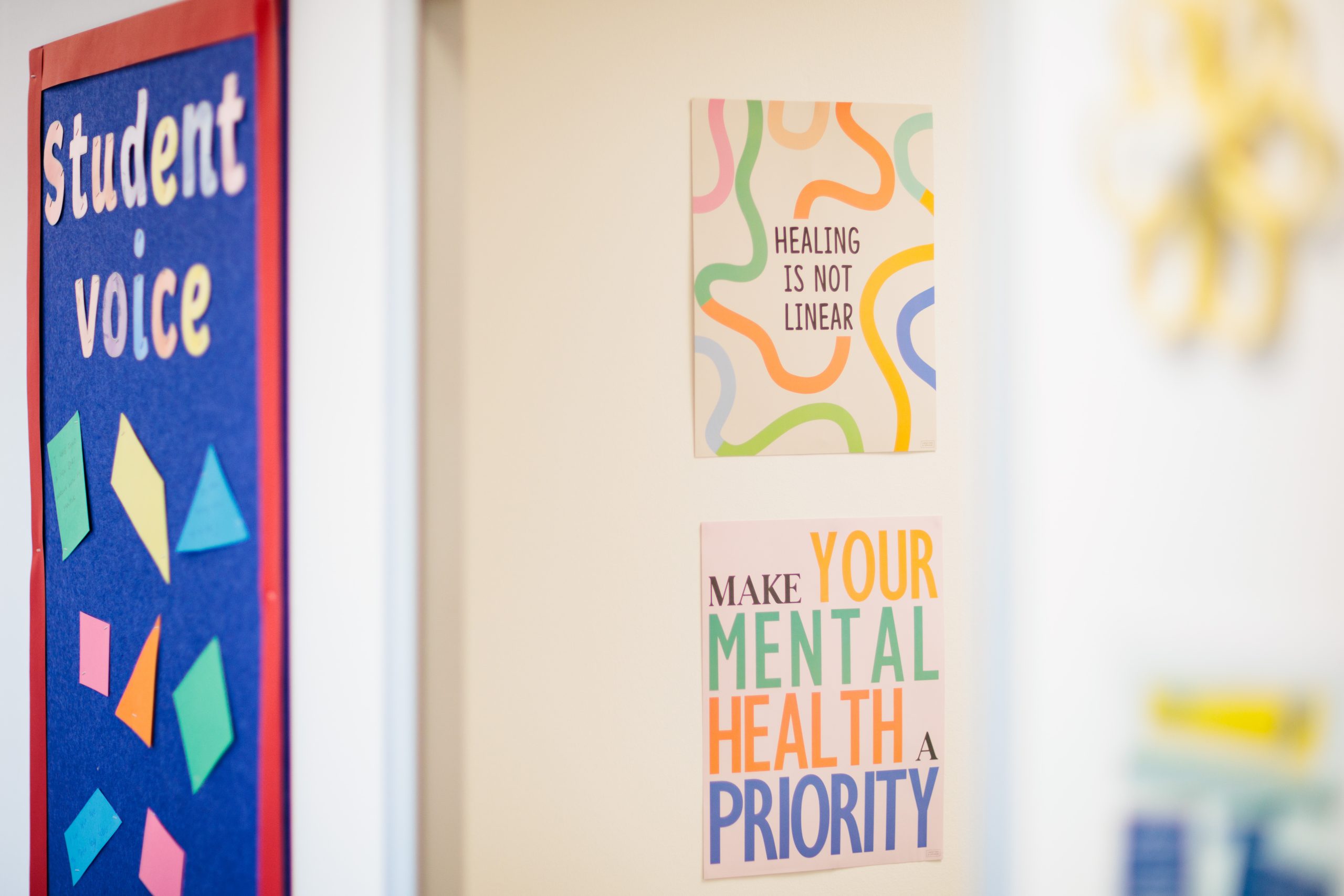
Employability Skills:
- Develop a foundation of employability skills necessary for the workplace.
- Explore and enhance communication skills, including verbal, written, and digital communication.
- Foster problem-solving, critical thinking, and adaptability.
- Provide practical experience through job simulations and workplace scenarios.

Implementation
How our curriculum is delivered.
Social Inclusion:
- Interactive workshops promoting social skills and community engagement.
- Group activities, 121 mentoring, and community projects to enhance social interactions.
Semi-Independent Living:
- Practical sessions covering personal hygiene, cooking, and basic home maintenance.
- Budgeting and financial literacy workshops.
- Goal-setting exercises to promote self-reliance and independence.
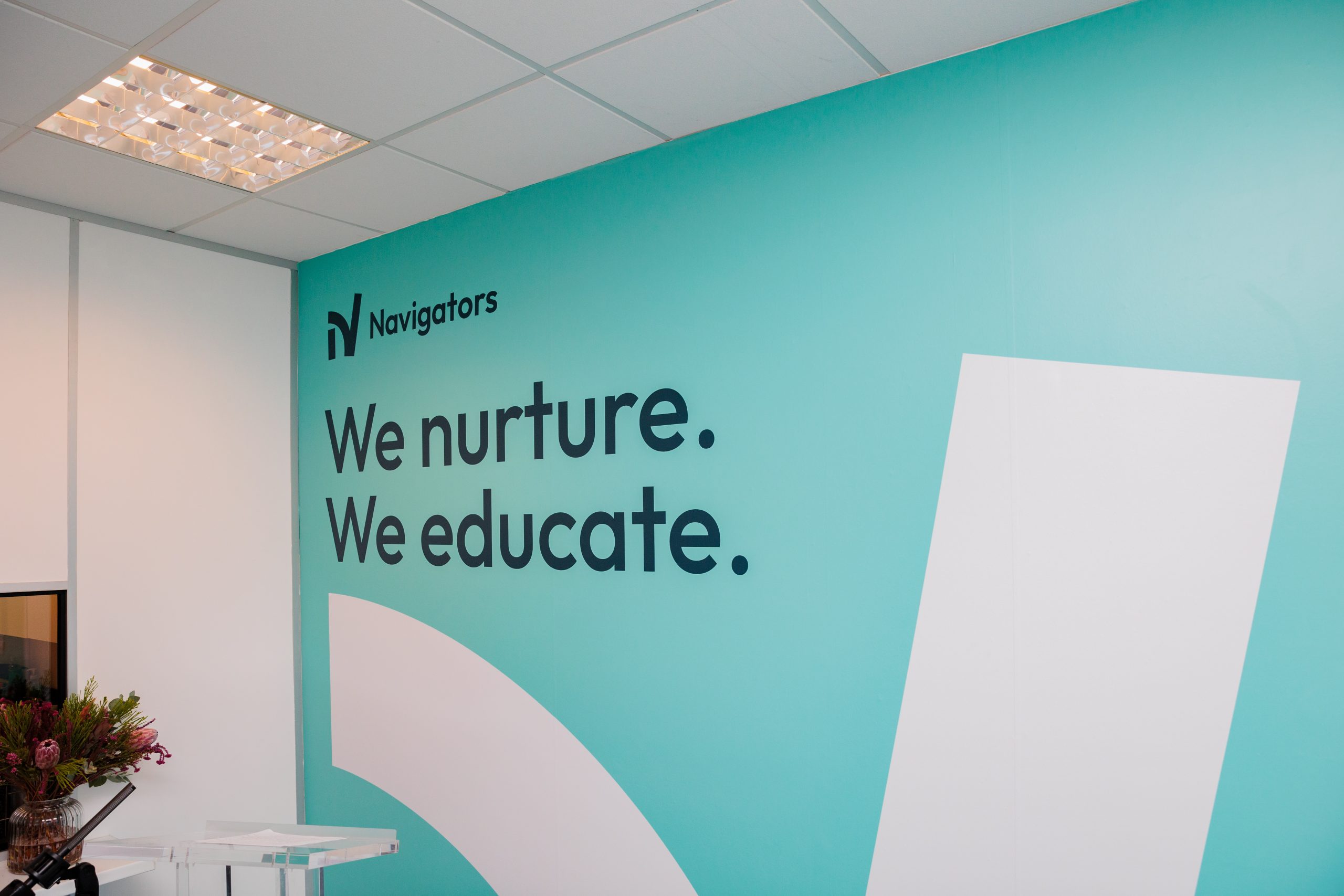
Employability Skills:
- CV building and interview preparation workshops.
- Job shadowing opportunities to provide real-world exposure.
- Collaboration with local businesses for internships and practical work experience.
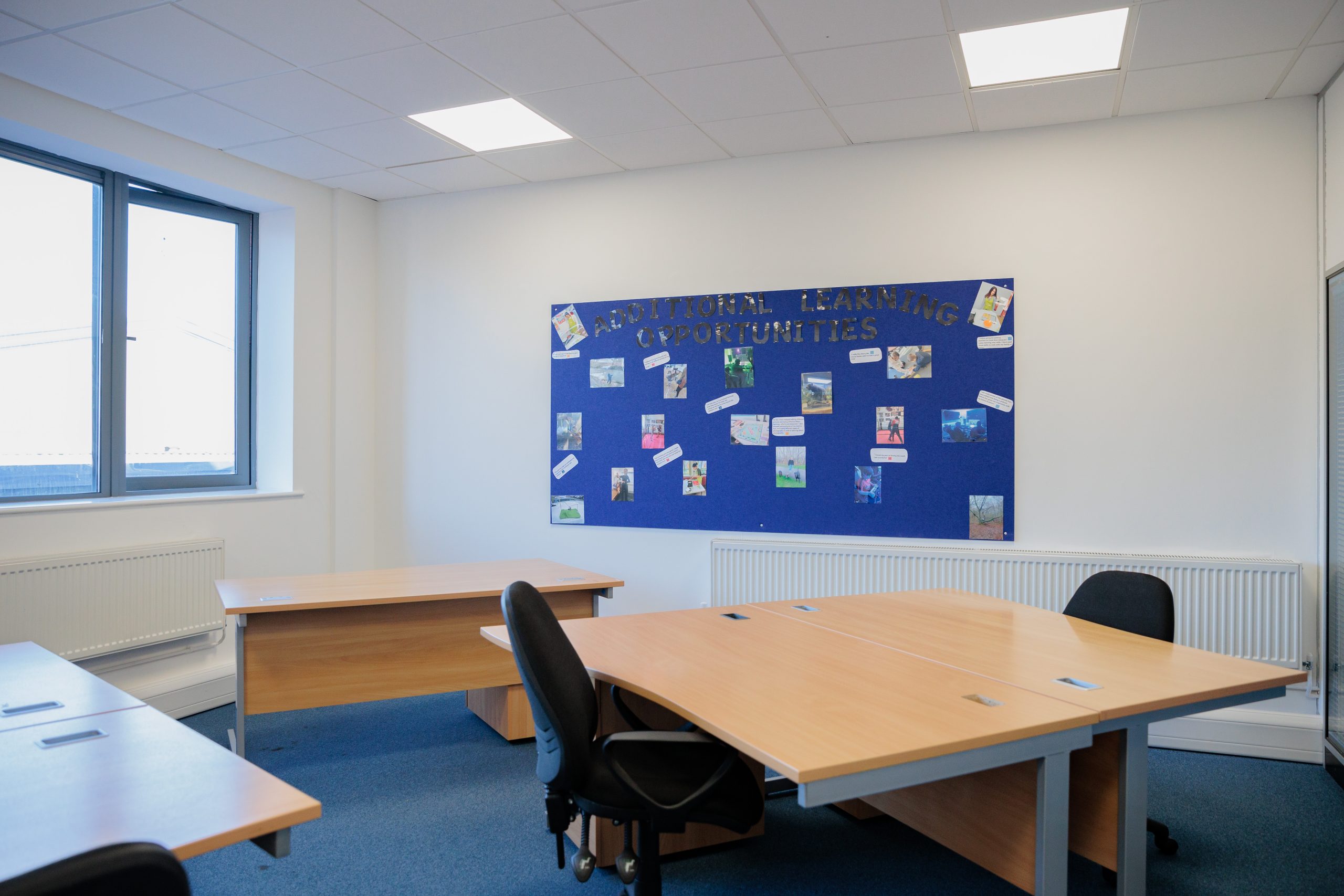
Teaching and Learning
College leaders, 121 mentors, and pastoral staff have a wide range of experience and skills.
Students are taught by empathetic, experienced staff, who have specialist knowledge in all areas.
Student’s ambitions and aspirations are used to sculpt a bespoke study programme, allowing learners to feel motivated to engage and achieve within their studies.
The curriculum is designed to meet a wide range of student needs and is split into three distinctive pathways: Preparation for Adult Life (Foundation Level), Preparation for Adult life and Employment (Passport to Work 2 Year Course), Preparation for Employment (Passport to Work Fast Track Course).

Within each pathway learners are taught on a 121 basis and are matched with a learning support mentor. Compatibility strategies allow the learners’ levels of ability to be effectively stretched and developed.
Individual learning outcomes are agreed upon during the initial home visit with learners, with more detailed personal success targets set after their first term and in line with their EHCP and individual targets.
Learners will work towards accredited and non-accredited functional skills, whether this be through accredited NCFE programs or the embedding of literacy and numeracy tasks within all subject areas to capture naturally occurring functional skills.
Employability-focused pathways provide the opportunity for students to develop vocational interests, whether in preparation for future career aspirations or work experience, where a practical context is used as an opportunity to practice and develop skills.
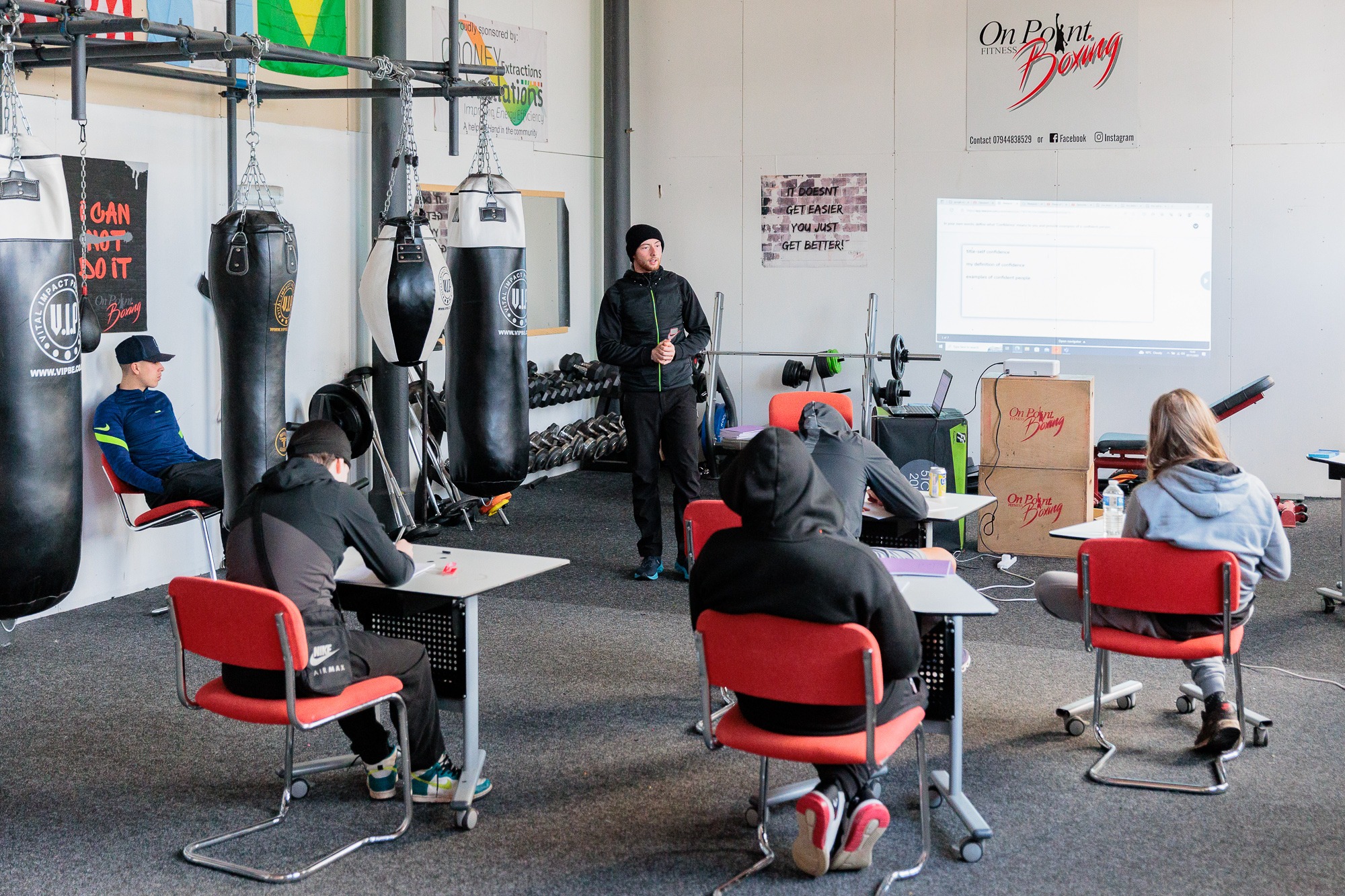
Assessment
Each student has personalised accredited and non-accredited medium-term outcomes which are broken down into achievable short-term targets for the duration of the study program.
These outcomes are created using results from their baseline assessments and include student, family, and staff input.
Impact
What difference is our curriculum making to students?
Increased Independence:
- Enhanced life skills contribute to greater independence in daily activities.
- Improved decision-making and problem-solving abilities.
Enhanced Employability:
- Development of transferable skills crucial for successful employment.
- Real-world exposure through internships and job simulations.
Strengthened Social Connections:
- Improved social skills and a sense of community belonging.
- Networking opportunities with peers, mentors, and professionals.
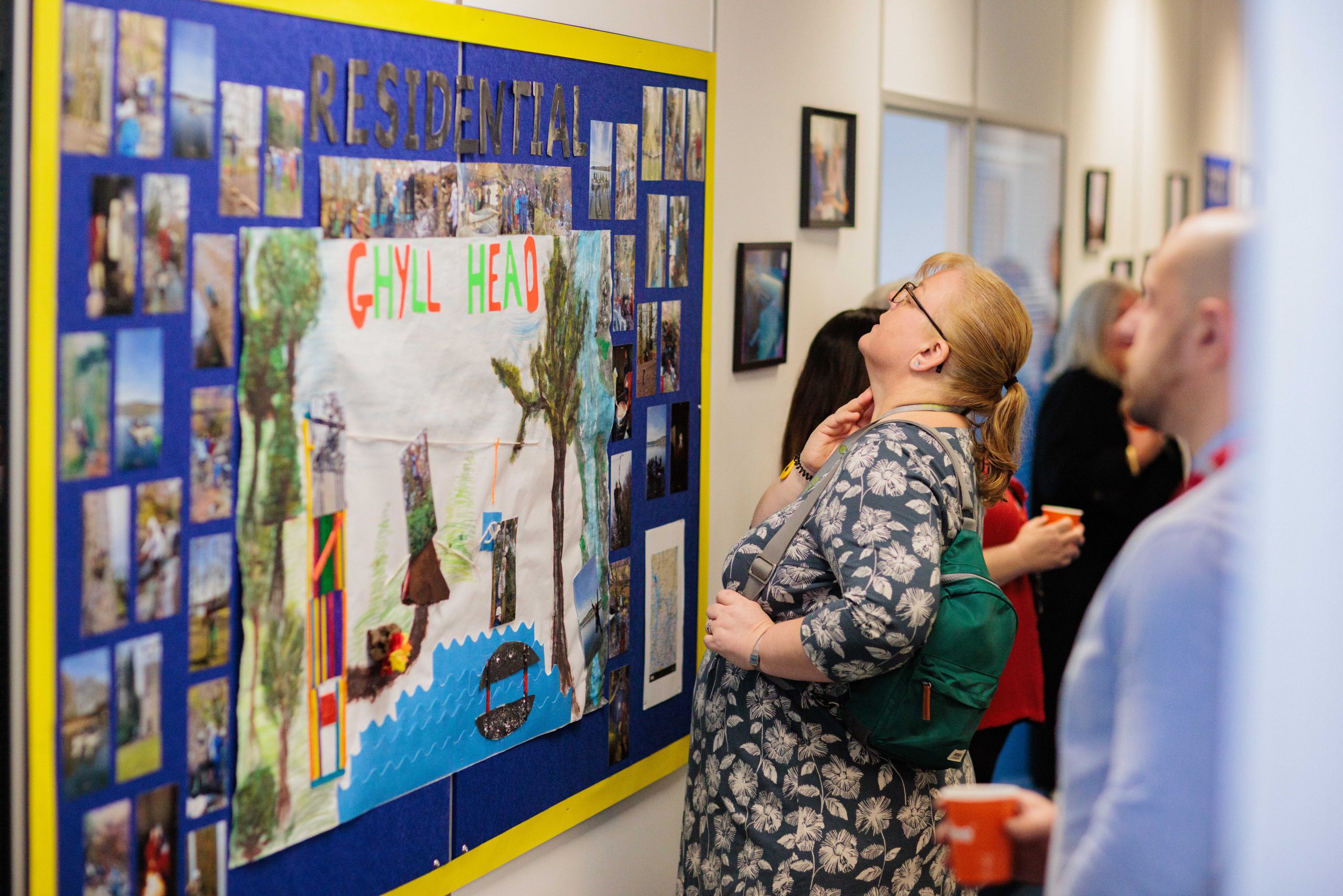
Differentiated Study Programme Pathways
All students will be assigned to a pathway upon completion of the initial home visit and baseline assessments. Their pathway of study will be personalised by a choice of module subjects, teaching methodology, assessment methodology, and support arrangements. This form of personalised learning and the support of a 121 mentor together with careers and destination staff helps our learners to increase their skills and knowledge relating to employment, semi-independent living, and community inclusion. Furthering their readiness for a planned transition to their end destination point.
Intial Assessment
Students are assessed to determine the level at which they are working in each area. Learners complete a series of baseline assessments including initial and diagnostic assessments to identify their abilities, understanding, and knowledge, including English and maths. Personal success targets, qualification targets, achievement targets, and employability targets are then devised and agreed upon.
Monitoring
Monitoring of students’ personalised outcomes is completed regularly, and detailed progress reports are created at the end of each term. These are shared with the student and their family/carer. Achievement of non-regulated milestones is reviewed and updated using RARPA.
Personal Success Targets
Personal success targets are used to help develop student’s social inclusion, semi-independent living, and employability skills. These targets are linked to the student’s EHCP outcomes, future aspirations, and the core values of Navigators.
Accreditation
We deliver NCFE Level 1 in Personal Development and NCFE Level 1 in Passport 2 Work qualifications and NCFE Functional Skills up to Level 2. The bespoke and personalised nature of our course allows us to bolt on vocational and experiential learning courses; some of which are accredited by AQA, City and Guilds, and ASDAN.
Social Activities
The students’ sessions are community-based and they have access to numerous Hub-based facilities where they complete their learning and development sessions. Weekly enrichment sessions are also embedded within our programme; these add variety to the programme for the students, but more importantly, it allows them to put into practice the social inclusion and semi-independent living skills that they are developing.
Student Support
Learning Support
Learning support is delivered on a 121 basis by the student’s mentor, who is in turn supported by the planning team. All teams are responsible for developing, monitoring, and supporting the students to adhere to and achieve their outcomes through close student support strategies.
Social and Emotional Mental Health
The learning support team works closely with relevant specialists to support the college in planning for and supporting students with social, emotional, and mental health needs or other diagnosed needs. These include NHS, Social Services, CAHMS, and AHMS.
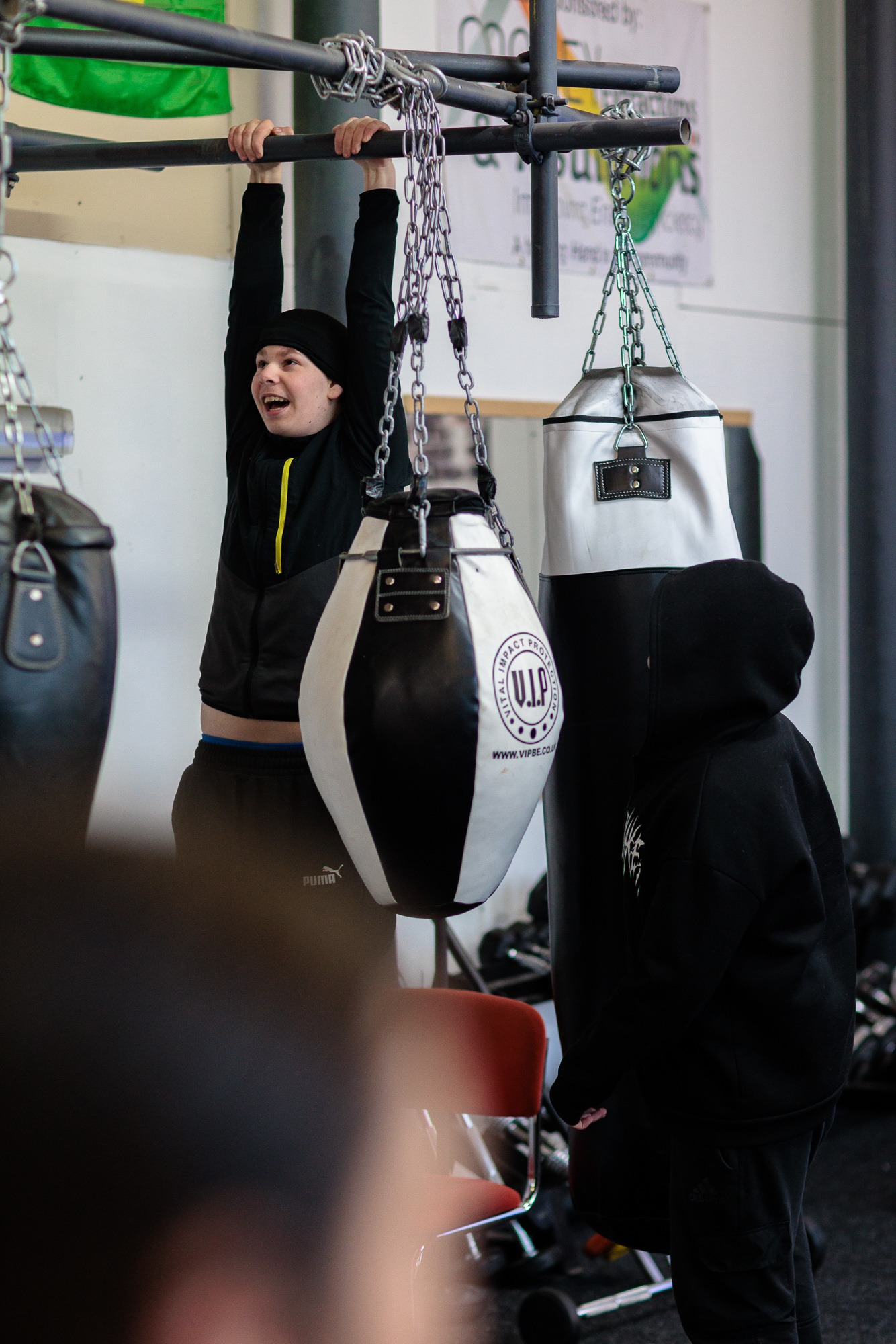
Additional Support
Additional Support is available for students with specific health needs or disabilities. The learning support team and teaching teams will coordinate strategies to ensure that students can fully access education and achieve their fullest potential. Teachers will plan learning so that it is appropriate in terms of each student’s physical capacity and learning level, including the deployment of staff, resources, and equipment. Students are supported to improve or maintain their independence and self-manage where appropriate.
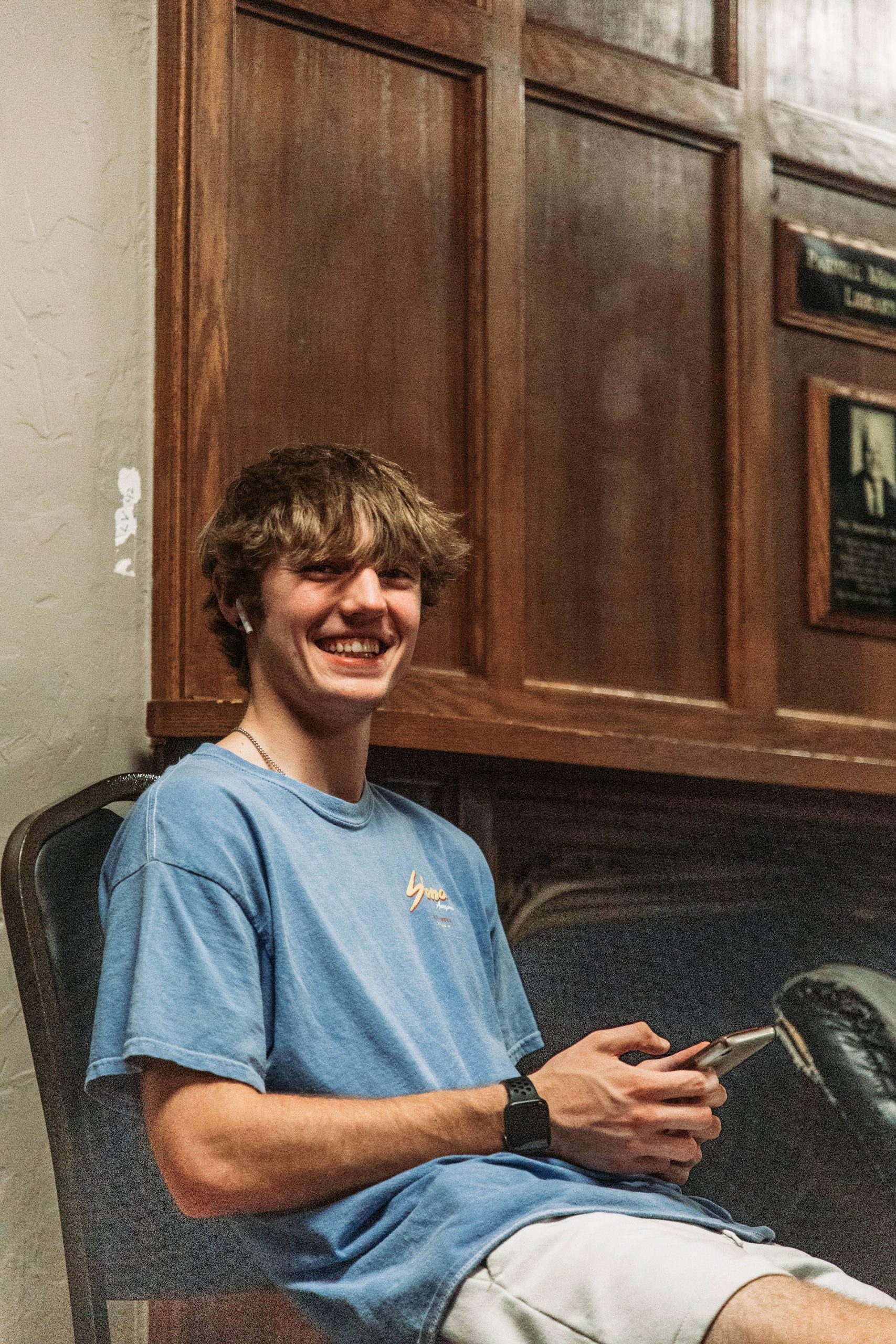
Transition Support
Students transition to the next stage of their lives with staff focused on ensuring that the curriculum prepares the student for the transition to life as a young adult. Each student leaves with a portfolio evidencing their achievements, skills, qualities and qualifications. Students in their final year will have regular consultations with our in-house destinations team who support the students in meeting with and accessing job opportunities with partnered employers.
